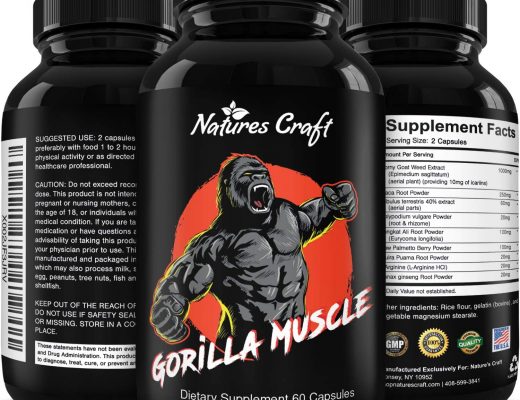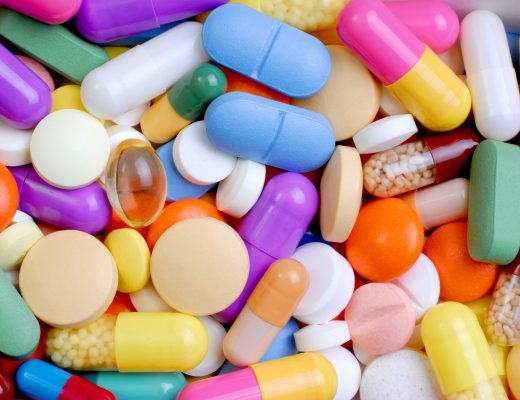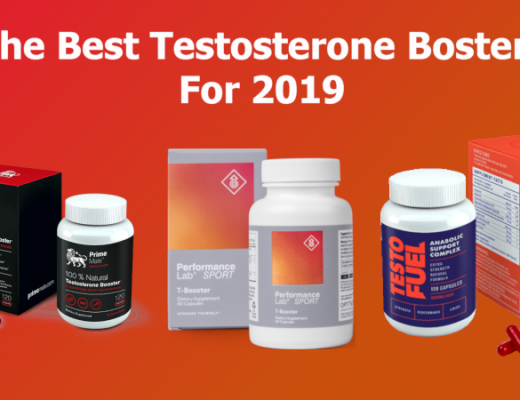We’ve all enjoyed delicious liquid detoxes that cleanse our system. We’ve also begun the new age tradition of taking social media detoxes. These are immensely beneficial for our body and have an element of fun to them.
However, after undergoing something serious as marijuana addiction, detoxes are an optional experience, but they become necessary.
Whether you’re going through a rough patch yourself or want to help your loved ones, this is a challenging but fulfilling route.
What is a detox?
It is described simply as removing all the toxins created by a substance out of your body. It can also be the complete process of recovery from substance addiction. An apt analogy would be that it helps you feel like all the barriers and chains have been removed.
What is THC?
THC (tetrahydrocannabinol) is a chemical compound that is found in marijuana. It is a cannabinoid. They are described as psychoactive compounds. It simply means that they induce a ‘high’ drug-like feeling to the consumer. Amounts of THC in the body determine how long and strenuous the detox process would be.
Which body parts are most affected due to THC?
Each body part reacts differently to the THC. As a result, traces of THC are left in fewer body parts for a longer time than others.
- Hair: The THC stays for 90 days.
- Urine: Between a period of 3-30 days. It depends on the quantity of the product consumed.
- Saliva: It remains in your saliva for 48 hours.
- Blood: After 36 hours, the THC is fully out of the body.
Methods for a THC Detox:
Note: Consulting a doctor or an authorized addiction centre should be your first step if you want to detox. However, if you want to try a few home remedies to get quicker results, you can choose to do those as well.
- As a general rule of thumb, drinking more water helps flush out the toxins from your system.
- Exercising well, taking care of your mental health as well. This plays an important role in the recovery process. Distracting yourself from all forms of attraction towards THC.
- Staying away from caffeinated drinks as the body can get addicted to it and it may become a replacement for the THC that the body is yearning for.
- Since the traces of THC remain in the hair, it can be beneficial to chop it off. This may be helpful for faster recovery.
What happens when you go through a THC detox?
Since it is an addictive substance, the body becomes dependent on it. It is similar to a parasitic condition. Hence, as the toxins start releasing, the consumer may want to consume THC detox again. This may lead to psychological issues during the withdrawal process. Therefore, it is important to take professional help at this stage. They will help you stick to your goal and eventually triumph.
During the detox, symptoms may develop, such as nausea, clinical depression, loss of appetite, anger, frustration, and many more.
During this journey, taking help from your loved ones and professionals will help you detox and live a better, fuller life. All the best!





